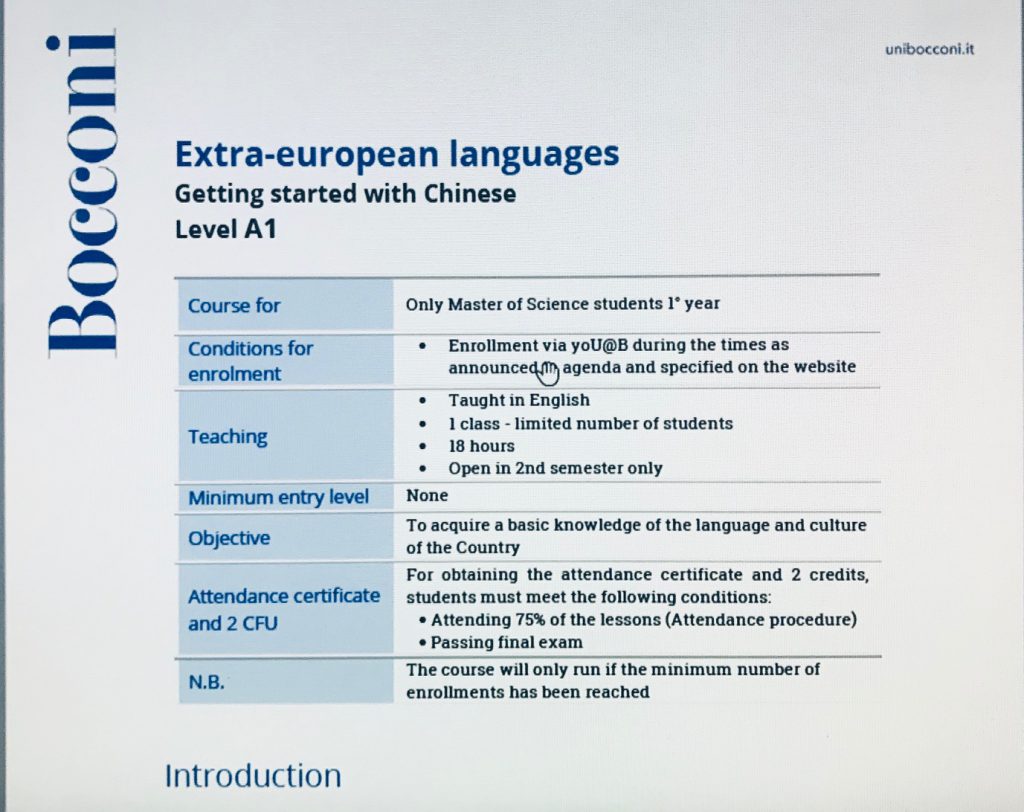While it is true that extra as a suffix means ‘beyond’ or ‘outside’, as in extracurricular or extracellular, languages, nationalities and countries lying outside Europe or the EU are not extra-European. And while Romance languages can have lingue extraeuropee, pays extra-européens, países extraeuropeos or cooperação extraeuropeia, English does not.
Plenty of university language departments in Italy still seem to translate this literally and language graduates often follow suit in their CVs and LinkedIn pages. So, please remember that lingue extraeuropee could be something like ‘non-European’ or ‘non-EU’ languages. Or, to avoid any Eurocentric ramifications, you could even be more specific, a tendency which the English language usually displays anyway. Something like ‘Asian languages’ ‘Native American languages’ or even ‘Niger-Congo languages’, for instance, would sound more precise in an academic setting.
But I digress. Just make sure you don’t follow the lead if a renowned Milanese University publishes unEnglish-sounding information like this:

